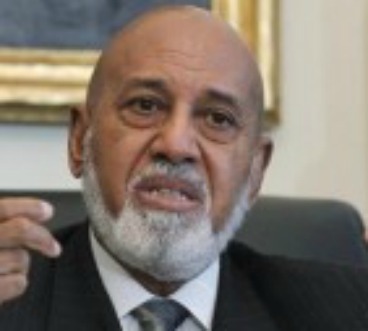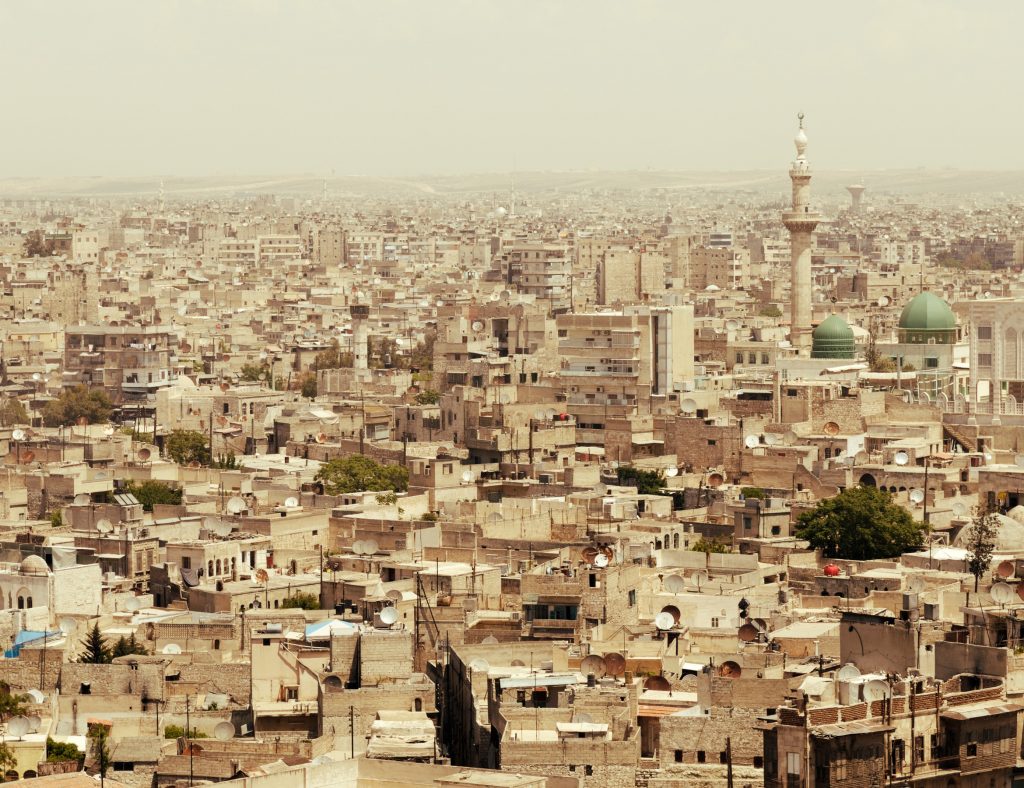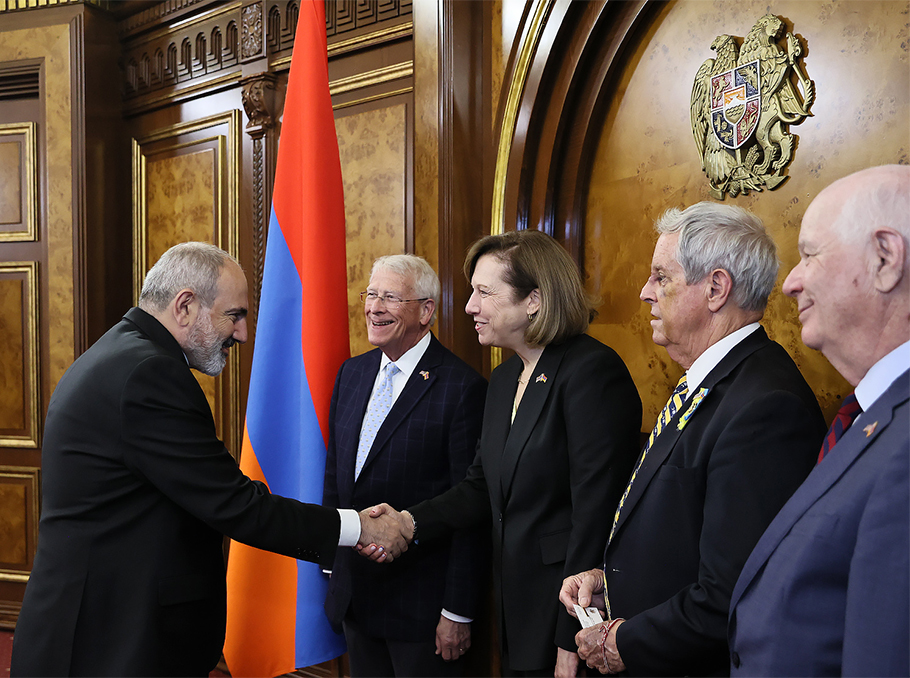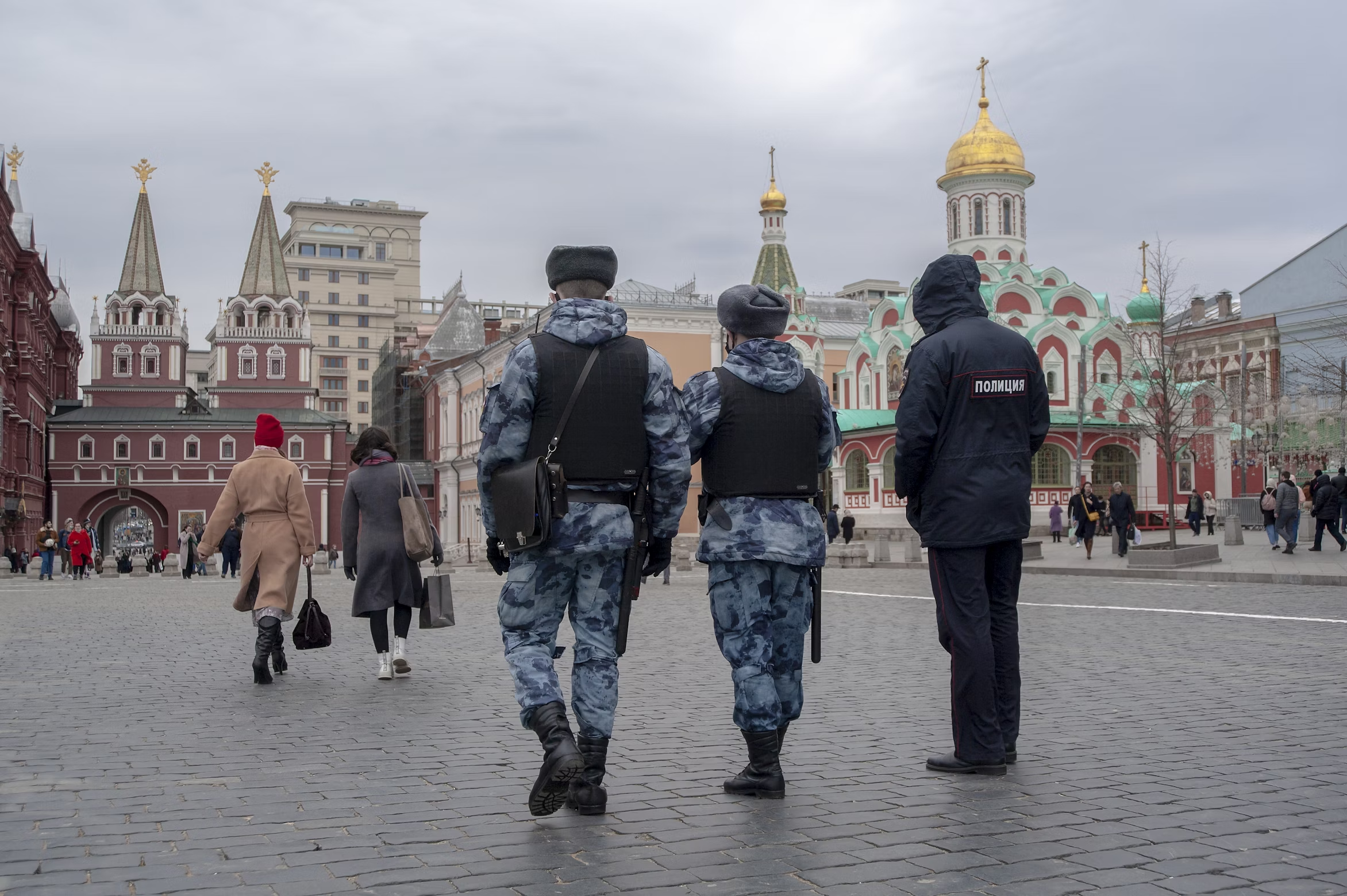Madam Speaker, on July 14, 2007, the Russian Federation lost one of its great leaders, although I am certain he would steadfastly reject such a characterization of himself.
He certainly wasn’t a famous political figure, or a wealthy philanthropist, or a brilliant scientist, and his name was rarely found on the pages of the major media. Gennadi Kryuchkov’s leadership was in the spiritual realm. He was a courageous and principled leader of the unregistered Evangelical Baptist Church in the Soviet Union in the days when merely sharing one’s religious faith with a neighbor could lead to a ‘‘discussion’’ at the local police station or the feared KGB office, and actively preaching the Gospel without permission from the government was usually good for a ticket to one of the many forced labor camps that comprised the infamous Gulag.
Born in 1926, Gennadi Kryuchkov came to faith in 1951, and became active in an unregistered congregation of Baptist believers. In 1960, when he felt the officially registered Baptist organization had too deeply compromised itself with Soviet authorities by submitting to repressive new regulations, he became one of the leaders of the Initsiativniki, the unregistered and essentially underground network of congregations that defied Caesar’s intrusion into the spiritual realm. Gennadi Kryuchkov became president of the underground church council and the late Georgi Vins was chosen as secretary. In May 1965, Pastor Kryuchkov and Pastor Vins led an open march on Communist Party headquarters in Moscow to protest government restrictions on believers in the Soviet Union.
According to church council statistics, by 1972 the unregistered or ‘‘reform’’ Baptist church numbered around 450 congregations and 18,000 members. Another reputable source reported in the mid-1980s that there were 2,000 reform Baptist congregations with approximately 70,000 adult members.
I would add parenthetically that in April 1979 Georgi Vins and four other Soviet dissidents were expelled from the Soviet Union in exchange for two convicted Soviet spies. In August 1985, the Helsinki Commission, of which I am honored to serve currently as Chairman, heard Pastor Vins’ dramatic testimony on the plight of the unregistered Baptist church at Congressional hearings in Buffalo, New York, devoted to the subject of Soviet forced labor practices.
Meanwhile, as a result of his determination to preserve the freedom to worship without state interference, Pastor Kryuchkov was arrested and sentenced to three years in labor camp from 1966 to 1969. In 1970, under threat of continued persecution, he went into hiding and spent 20 years working underground, preaching to fellow believers in clandestine gatherings, publishing ‘‘illegal’’ religious literature, and staying one step ahead of the KGB.
Only when the chains of religious repression in the Soviet Union were cast off as a result of the new thinking that characterized the government of Communist Party General Secretary Mikhail Gorbachev, was Pastor Kryuchkov able to emerge from the shadows and return to his family and loved ones in the Tula Oblast, still fervently preaching the Scriptures and standing fast for separation of church and state.
Madam Speaker, like the Soviet Union itself, the days of cruel religious persecution and militant atheism in Russia are pretty much a thing of the past. But let us not forget the courage and persistence of church leaders like Gennadi Kryuchkov, who, like the ‘‘Remnant’’ of Old Testament times, kept the flame of faith of burning during the dark days of persecution.










